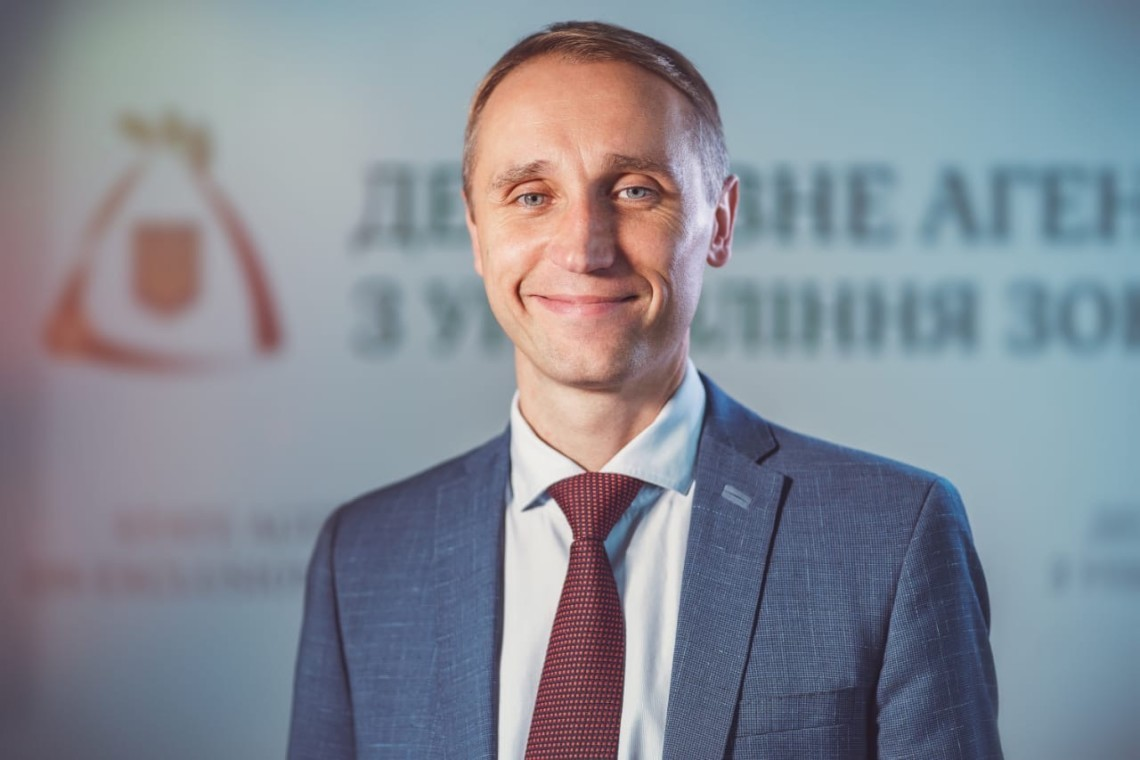The verdict is confirmed: what punishment did the former CEO of Radon receive for bribery?
11 November 19:42
On November 11, the Supreme Court upheld the sentence against Ihor Buksanchuk, the former CEO of the state-owned enterprise Radon Association. This was reported by "Komersant Ukrainian" with reference to the relevant ruling of the court.
The Supreme Court agreed with the arguments of the SAPO prosecutor, dismissed the defense’s cassation appeals and confirmed the legality of previous court decisions.
As a result, Buksanchuk was found guilty of providing an undue benefit (bribe) in the amount of UAH 210 thousand for approving quarterly and annual bonuses in the amount of more than UAH 430 thousand and sentenced to 5 years in prison with confiscation of all property owned by him.
What you need to know about the case of Igor Buksanchuk
Detectives of the National Anti-Corruption Bureau of Ukraine (NABU) and prosecutors of the Specialized Anti-Corruption Prosecutor’s Office (SAP) exposed Buksanchuk on receiving a bribe from the acting head of the State Agency of Ukraine on Exclusion Zone Management (SAUEZM) for approving the payment of bonuses.
The HACC delivered the first instance verdict on June 1, 2022: 5 years of imprisonment and confiscation of all property.
On March 17, 2025, the HACC Appeals Chamber upheld the verdict without change.
What is known about Radon and why the state-owned enterprise is important for the country
The State Specialized Enterprise “Radon Association” is a key link in the Ukrainian system of radioactive and other hazardous waste management. The company performs strategically important functions in the field of environmental safety, ensuring the collection, transportation, storage, processing and disposal of waste that poses a potential threat to the environment and public health.
The company was registered in Kyiv on June 19, 2019, has an authorized capital of over UAH 8.1 million and operates as a state legal entity. The main activity according to the KVED classification is the treatment and disposal of hazardous waste.
“Radon is subordinated to the State Agency of Ukraine on Exclusion Zone Management (SAUEZM) and is in fact the state’s technical operator in the field of radiation safety. Its tasks include the decontamination of equipment, premises and territories that have been contaminated, in particular in the exclusion zone. The company disposes of ionizing radiation sources, ensures their safe transportation and temporary storage, and conducts scientific and technical research in the field of waste management.
Radon’s network includes interregional branches in Lviv, Kharkiv, Odesa, Dnipro and other regions of Ukraine. This format allows the company to operate throughout the country and respond promptly to cases of hazardous waste or sources of radiation contamination.
“Radon is a strategic state-owned enterprise. Its activities are an important component of fulfilling Ukraine’s international obligations in the field of nuclear safety, in particular under agreements with the IAEA and the European Union. At the same time, this specificity requires increased control over financial transactions, compliance with technical safety and environmental legislation.
The hazardous waste management sector is accompanied by significant technical, legal and managerial risks. State-owned enterprises in this area, including Radon, are regularly subject to audit and anti-corruption inspections. In the context of recent anti-corruption court rulings, the role of transparent management of such entities is of particular importance.
The activities of Radon are crucial for the safety of the energy infrastructure, disposal of nuclear power plant waste, elimination of the consequences of man-made accidents and the functioning of the radioactive material storage system. It is not only a technical process but also part of the state policy in the field of environmental protection, sustainable development and European integration of Ukraine.
The Radon Association remains a strategic public sector enterprise whose activities directly affect environmental safety, implementation of international standards for hazardous materials management and Ukraine’s reputation as a responsible partner in nuclear safety.









